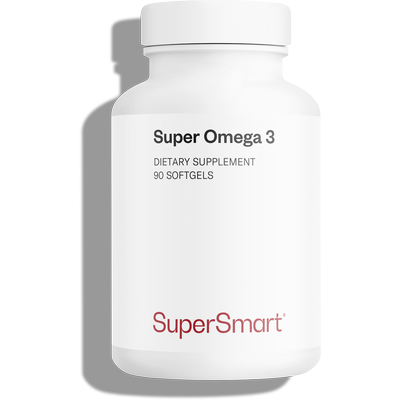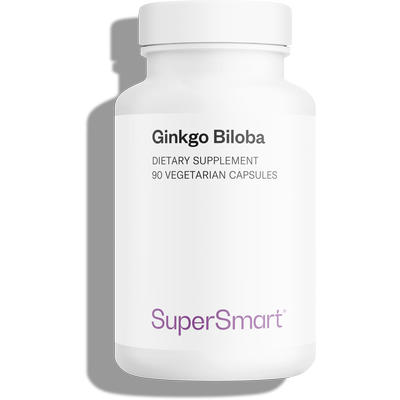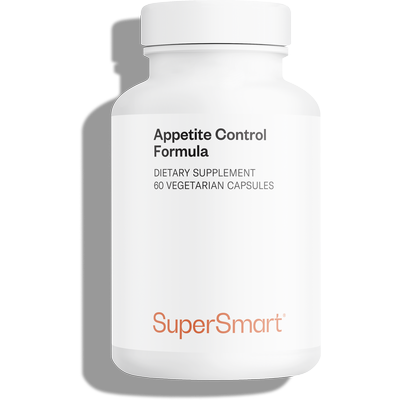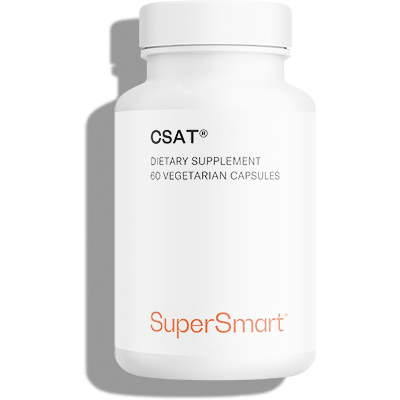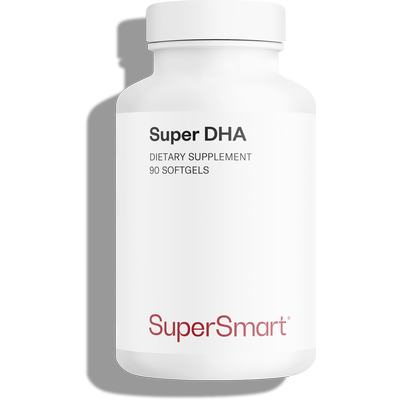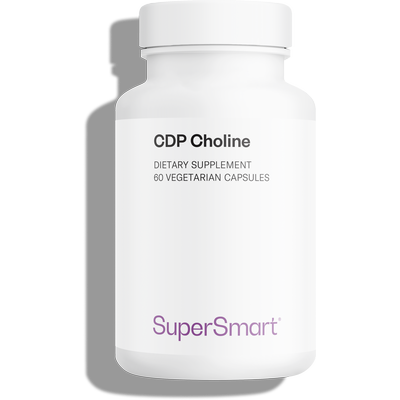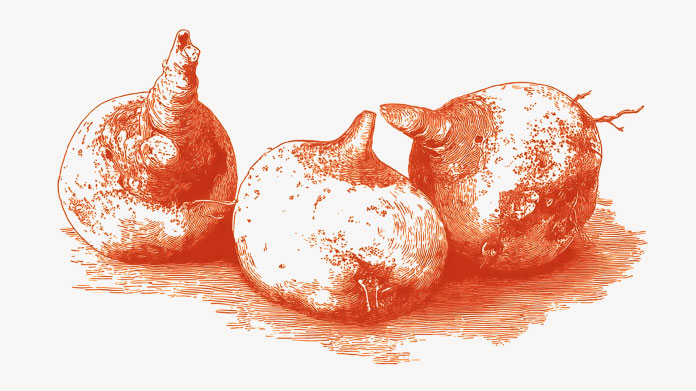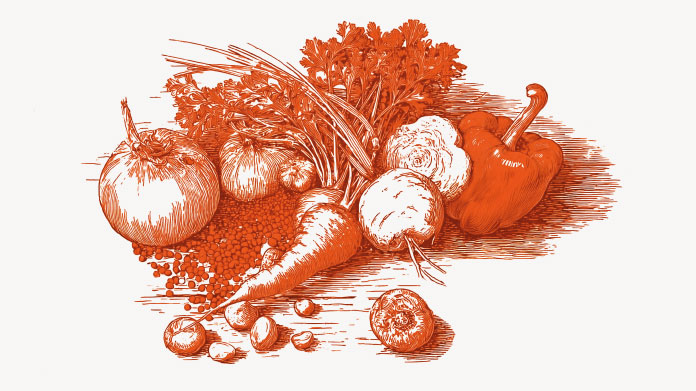Weight gain: a question of disturbed food memory?
What if our memory played an unsuspected role in the way we eat? Recent research suggests that our memories of meals could influence our food intake, and therefore our weight.

What is meant by ‘food memory’?
The concept of food memory refers to a neurobiological process by which the brain records, stores and reuses memories of everyday food experiences.
It is a complex mechanism that involves different brain regions, in particular the hippocampus (involved in memory), the prefrontal cortex (linked to decision-making) and the hypothalamus (the hunger regulation centre) (1).
Food memory includes information such as:
- the amount of food consumed
- the pleasure experienced during the meal
- the level of satiety achieved with the meal or food in question
These memories influence future eating behaviour by enabling the brain to adjust food intake according to the body's needs and the level of satisfaction sought.
In recent years, research into this phenomenon has opened up new avenues for understanding eating behaviour and weight gain.
This avenue, still in its infancy, could offer keys to preventing or correcting dietary imbalances. However, it is important to remember that weight gain remains a multifactorial phenomenon influenced by the environment, genetics, physical activity and lifestyle habits.
Research highlights the link between memory and weight regulation
A study with surprising results
Recent advances confirm that memory plays a key role in weight regulation.
A team of researchers, whose work was published in June 2025 in the journal Nature Communications, has identified dietary engrams (2).
These are specific groups of neurons involved in the formation and reactivation of memories linked to meals.
These neurons are activated when food is eaten, enabling the brain to retain a lasting memory of the moment.
Experimental stimulation of these neurons has shown that it is possible to influence eating behaviour by reactivating these memories.
Laboratory rats ate less when their memory of a recent meal was reactivated, as if their brains 'remembered' having eaten before.
New perspectives for understanding overeating
These discoveries open up fascinating new avenues for understanding the mechanisms of overeating.
There are several factors that can affect memory and concentration when it comes to eating:
- distractions during meals (use of screens, animated discussion, etc.)
- cognitive disorders
- brain damage
- ageing
When these disturbances affect the memory of the last meal, the brain may no longer recall that a meal was eaten or how much food was consumed. As a result, it has difficulty adjusting appetite, which increases the risk of eating more than the body needs.
This makes it easier to understand why some people tend to snack more often or feel excessively hungry, without any obvious correlation with their calorie intake.
These results suggest that acting on memory mechanisms could become a new approach to preventing and managing excess weight.
Ways to support your memory and regulate your weight
Omega-3s: naturally present in cell membranes
Omega-3s, and more specifically DHA (docosahexaenoic acid), are essential fatty acids that are widely present in nerve cell membranes (3).
DHA helps maintain normal brain function. It is therefore a valuable aid in maintaining memory and cognitive capacity.
![]() Discover the Super Omega 3 food supplement, the purest and most stable on the market, or Super DHA, particularly rich in DHA.
Discover the Super Omega 3 food supplement, the purest and most stable on the market, or Super DHA, particularly rich in DHA.
Bacopa monnieri: to support memory
Bacopa monnieri is a traditional plant that has been used for thousands of years in Ayurvedic medicine.
It helps support cognitive function, concentration, memory and the functioning of the central nervous system in general (4).
A number of studies have explored its potential, especially during periods of stress or mental overload.
As a result, it offers natural support for maintaining the brain's memory capacity.
![]() Discover the Bacopa Monnieri supplement, a standardised formula containing 20% bacosides (the chemical compounds responsible for its effects).
Discover the Bacopa Monnieri supplement, a standardised formula containing 20% bacosides (the chemical compounds responsible for its effects).
Ginkgo biloba: to support cognitive performance
Ginkgo biloba is one of the most studied plants in terms of brain nutrition.
It helps maintain good cognitive function and contributes to normal blood circulation, which is associated with cerebral performance and responsiveness (5).
By promoting blood flow to the brain, it improves the supply of oxygen and nutrients to neurons.
Its antioxidant compounds also help to protect nerve cells from oxidative stress, which can lead to premature ageing, a key factor in cognitive decline.
![]() Discover Ginkgo biloba dietary supplement, an extract with a high content of active ingredients for optimum effectiveness.
Discover Ginkgo biloba dietary supplement, an extract with a high content of active ingredients for optimum effectiveness.
Choline: a nutrient that is a precursor of acetylcholine
Choline, an essential nutrient, contributes to the synthesis of acetylcholine. Acetylcholine is a neurotransmitter involved in memory and the normal functioning of the nervous system (6).
Certain specific forms of choline, such as citicoline, are particularly appreciated for their exceptional bioavailability, which optimises their use by the body.
![]() Discover the CDP Choline food supplement based on patented citicoline.
Discover the CDP Choline food supplement based on patented citicoline.
Substances that help you lose weight
Other active ingredients may also be of interest in supporting natural appetite regulation and better control of food intake.
For example, research suggests that the molecule 5-Hydroxy Tryptophan (5-HTP) helps to regulate feelings of hunger (7).
It can be used in synergy with other ingredients in certain slimming food supplements.
![]() Discover Appetite Control Formula, a food supplement containing 5-HTP and patented plant extracts.
Discover Appetite Control Formula, a food supplement containing 5-HTP and patented plant extracts.
Carob is a plant rich in natural fibres called galactomannans.
These have the ability to swell on contact with water and can therefore mechanically increase the sensation of satiety.
![]() Discover CSAT® 250 mg dietary supplement, an extract standardised to 30% galactomannans.
Discover CSAT® 250 mg dietary supplement, an extract standardised to 30% galactomannans.
SUPERSMART ADVICE
References
- Higgs S, Spetter MS. Cognitive Control of Eating: the Role of Memory in Appetite and Weight Gain. Curr Obes Rep. 2018 Mar;7(1):50-59. doi: 10.1007/s13679-018-0296-9. PMID: 29430616; PMCID: PMC5829122.
- Décarie-Spain, L., Gu, C., Tierno Lauer, L. et al.Ventral hippocampus neurons encode meal-related memory. Nat Commun 16, 4898 (2025). https://doi.org/10.1038/s41467-025-59687-1
- Rapoport SI, Ramadan E, Basselin M. Docosahexaenoic acid (DHA) incorporation into the brain from plasma, as an in vivo biomarker of brain DHA metabolism and neurotransmission. Prostaglandins Other Lipid Mediat. 2011 Nov;96(1-4):109-13. doi: 10.1016/j.prostaglandins.2011.06.003. Epub 2011 Jun 15. PMID: 21704722; PMCID: PMC3202024.
- Peth-Nui T, Wattanathorn J, Muchimapura S, Tong-Un T, Piyavhatkul N, Rangseekajee P, Ingkaninan K, Vittaya-Areekul S. Effects of 12-Week Bacopa monnieri Consumption on Attention, Cognitive Processing, Working Memory, and Functions of Both Cholinergic and Monoaminergic Systems in Healthy Elderly Volunteers. Evid Based Complement Alternat Med. 2012;2012:606424. doi: 10.1155/2012/606424. Epub 2012 Dec 18. PMID: 23320031; PMCID: PMC3537209.
- Silberstein RB, Pipingas A, Song J, Camfield DA, Nathan PJ, Stough C. Examining brain-cognition effects of ginkgo biloba extract: brain activation in the left temporal and left prefrontal cortex in an object working memory task. Evid Based Complement Alternat Med. 2011;2011:164139. doi: 10.1155/2011/164139. Epub 2011 Aug 18. PMID: 21941584; PMCID: PMC3166615.
- Hasselmo ME. The role of acetylcholine in learning and memory. Curr Opin Neurobiol. 2006 Dec;16(6):710-5. doi: 10.1016/j.conb.2006.09.002. Epub 2006 Sep 29. PMID: 17011181; PMCID: PMC2659740.
- Ioannou S, Williams AL. Preliminary fMRI findings concerning the influence of 5-HTP on food selection. Brain Behav. 2016 Oct 28;7(1):e00594. doi: 10.1002/brb3.594. PMID: 28127513; PMCID: PMC5256178.
1 Days
great experience
Easy ordering, fast deliver, very professionally.
Natasa
4 Days
this company and its products are…
this company and its products are perfect: I have been their customer for three years , prices are reasonable for the high quality they offer , the products are of very good quality not just plainly "normal" , delivery is quite fast. we are very satisfied with them.
Gabriel Diacakis
5 Days
TOP service TOP products will buy again…
TOP service TOP products will buy again and again
PINOTTI Giorgio
7 Days
Trustworthy company with tested products
Trustworthy company with tested products
Trusted
11 Days
Efficiency and speed
Efficiency and speed
Cuccie
13 Days
GOOD BRAND IN FOOD COMPLEMENTS
GOOD BRAND IN FOOD COMPLEMENTS - SERIOUS WITH GOOD DOCUMENTS AND DETAILS SCIENTIST. AND SERIOUS HONNEST COMMERZIALISATION. I HAVE TRUST IN THEIR PRODUCTS.
FENOGLIO Guy
14 Days
Very good experience
Very good experience, the products arrived in time, in perfect condition and are good quality. Thank you.
GABI TIRCOCI
20 Days
very good expereince
very good expereince
Jelena Đaković
20 Days
Very good products.
Very good products.
Agnes BENDSAK
22 Days
Just OK
Just OK, ordering from company for many years and being safisfied
Lynn Mae
23 Days
Recomendo
Produtos encomendados são recebidos atempadamente e de acordo com o anunciado! Muito satisfeita!
Carla Sofia
23 Days
Everything is great!
Everything is great!
Jonas
28 Days
The delivery was fast and the product…
The delivery was fast and the product is great
SOMMARIVA Gianni
29 Days
Great service and lots of information
Great service and lots of information
Gabi
32 Days
Service Satisfaction
I’m satisfied with the service; it fulfilled what it set out to do.
Anfhony Abreu
of experience
your money back
##montant## purchase


